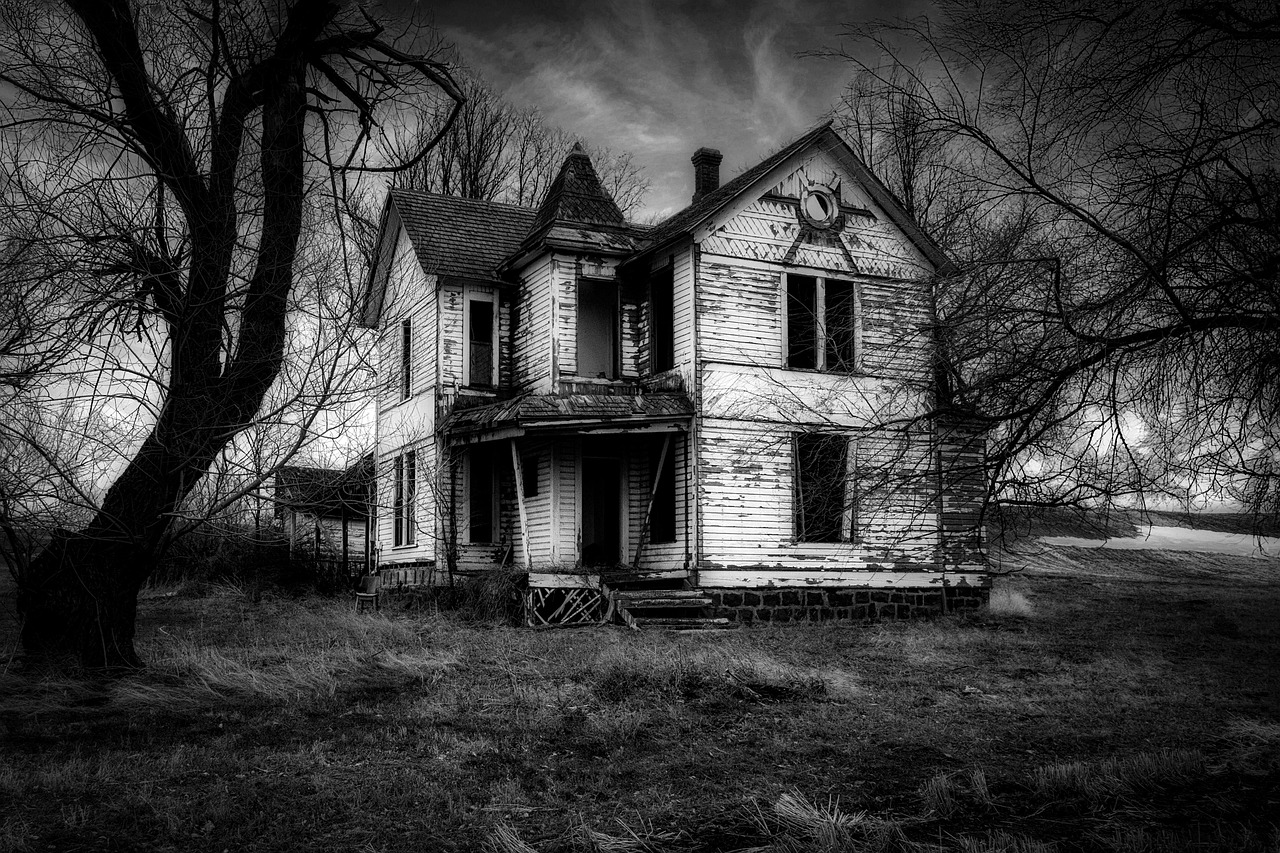28 Days Later is widely regarded as one of the most influential horror films of recent decades, having played a pivotal role in reshaping the zombie genre. Now, in a surprising revelation, writer Alex Garland has credited the iconic video game Resident Evil as a key inspiration behind the film’s development.
Released in 2002, 28 Days Later was the result of a collaboration between screenwriter Alex Garland and director Danny Boyle. The film introduced audiences to a new kind of infected — fast, aggressive, and terrifying — and in doing so, it breathed new life into a genre that had largely been dominated by slow, lumbering undead figures.
In a recent interview, Garland shed light on the unexpected origins of the film’s distinctive take on zombies. He revealed that the idea for 28 Days Later might never have materialised were it not for Capcom’s groundbreaking survival horror game Resident Evil.
Resident Evil: The Birthplace of the Fast Zombie
Speaking to GQ, Garland recalled how the original Resident Evil game on PlayStation had a profound effect on him. At the time, he felt that zombie films had all but disappeared from cinema screens, and Resident Evil rekindled his passion for the genre. However, it wasn’t the standard zombies in the game that struck fear into him — it was the terrifying speed of the zombie dogs that left a lasting impression.
“Just before I wrote 28 Days Later, there was this PlayStation game called Resident Evil,” Garland explained. “It reignited my love for zombie films, and I thought: I really love this genre, but it’s been ages since there was a new film. Then something clicked while I was getting better at the game. The zombies didn’t actually feel that frightening — they were too easy to take down or outrun.”
He continued: “But there was something else in the game — the dogs. They were fast. And they genuinely scared me. I think that was the moment when I thought, ‘What if the zombies in a film could move like that?’ I honestly believe the idea for fast-moving zombies came from Resident Evil.”
A New Chapter Begins: 28 Years Later
The impact of 28 Days Later was significant, leading to the release of a sequel, 28 Weeks Later, in 2007. However, Garland and Boyle were not involved in the second instalment.
Now, after nearly two decades, the original creative duo is returning with a new film: 28 Years Later. Scheduled to premiere in German cinemas on 19 June 2025, the film picks up decades after the initial outbreak of the Rage Virus. A teaser trailer has already been released, offering a first glimpse at the long-awaited continuation.
But 28 Years Later is only the beginning. Garland has confirmed that this new film marks the start of an ambitious trilogy. The second part, 28 Years Later: The Bone Temple, is already planned for release in early 2026, with a third and final chapter expected to follow later on, rounding off the saga.
With its roots in the pixelated horrors of a 1990s video game and its legacy now extending into a full-fledged trilogy, 28 Days Later stands as a testament to how one medium can inspire another — and change the course of horror storytelling forever.
